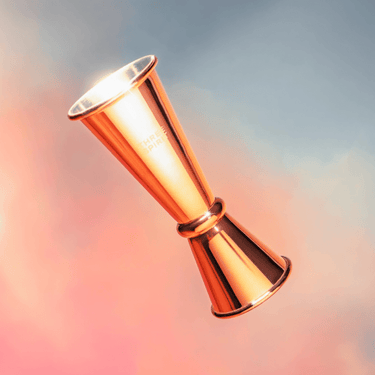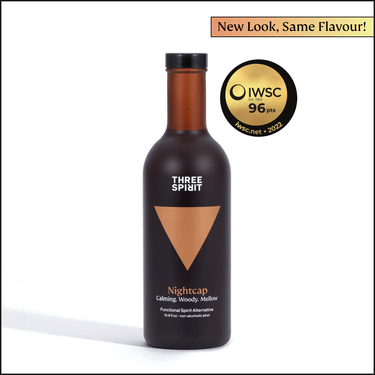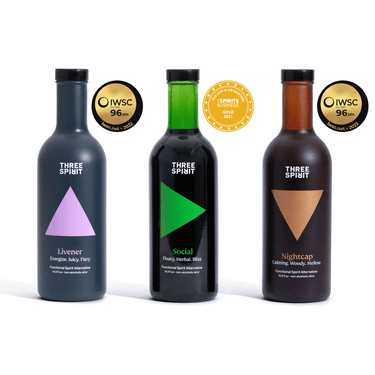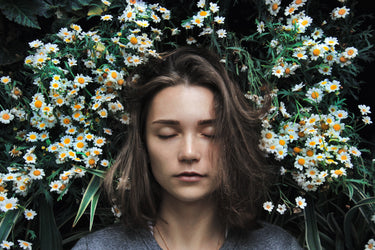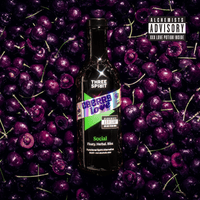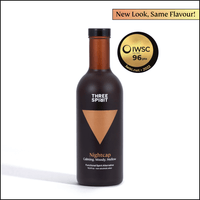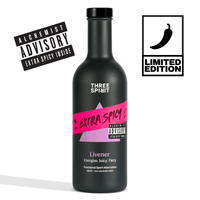The quality of our sleep is essential for us to feel restored, so we can show up in the world with energy. Understanding how alcohol impacts our sleep can be eye opening and motivating to find ways of getting the quality rest we need without it.
Overall, consuming alcohol before we sleep results in a shorter sleep time, disrupted sleep, as well as a lack in the quality of sleep. How? Alcohol impacts our...
Sleep latency
Alcohol can decrease our sleep onset latency - meaning it takes less time to fall asleep (drinking often makes us doze off quickly). However as the night goes on, alcohol metabolises and the body essentially sober ups, as we drift into a more wakeful state.
Adenosine levels
Alcohol increases our adenosine levels - a neurotransmitter that triggers our need for sleep. Adenosine regulates our sleep-wake cycle, also called our homeostatic drive.
Higher adenosine means we feel sedated, both easier and faster. As the night progresses our adenosine decreases, and we drift into a lighter and easily disturbed sleep cycle.
Reduces REM sleep
These chemical imbalances disrupt our sleep architecture. We'll often wake up before we reach REM sleep (the 4th stage in the sleep cycle). This means more slow-wave sleep and less REM.
REM sleep is the deepest phase of the cycle that restores us mentally and physically. It's essential to cognitive functions like memory, learning and creativity.
Promotes Insonomia
Alcohol is often used to self medicate insomnia, which can develop into unhealthy patterns. These can involve high amounts of caffeine in the day to combat sleepiness, or more alcohol at night in an effort to sedate. In all, this leads to poor and interrupted sleep. Such insomniac patterns can persist even after people have stopped drinking.
Remedies
- Avoid alcohol right before bedtime. Allow your body time to process the alcohol.
- Give yourself at least a few nights of rest without alcohol so your body can reset with a healthy sleep cycle.
- Replace your alcoholic tipple with our Nightcap. Made to help you unwind, and drift off with soothing botanicals. Alcohol free but not pleasure free, and leaving you clear and well rested.



